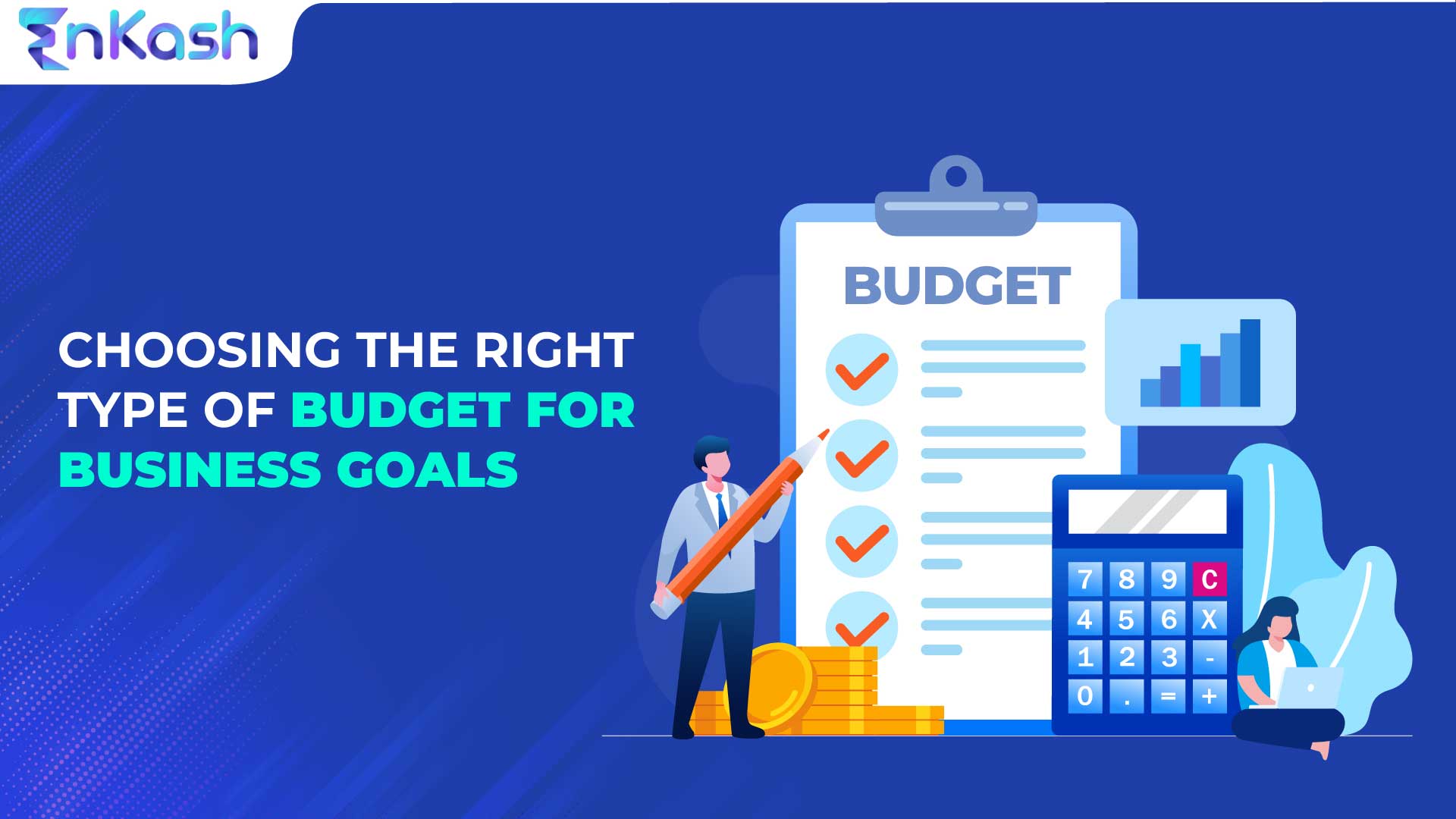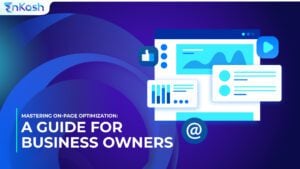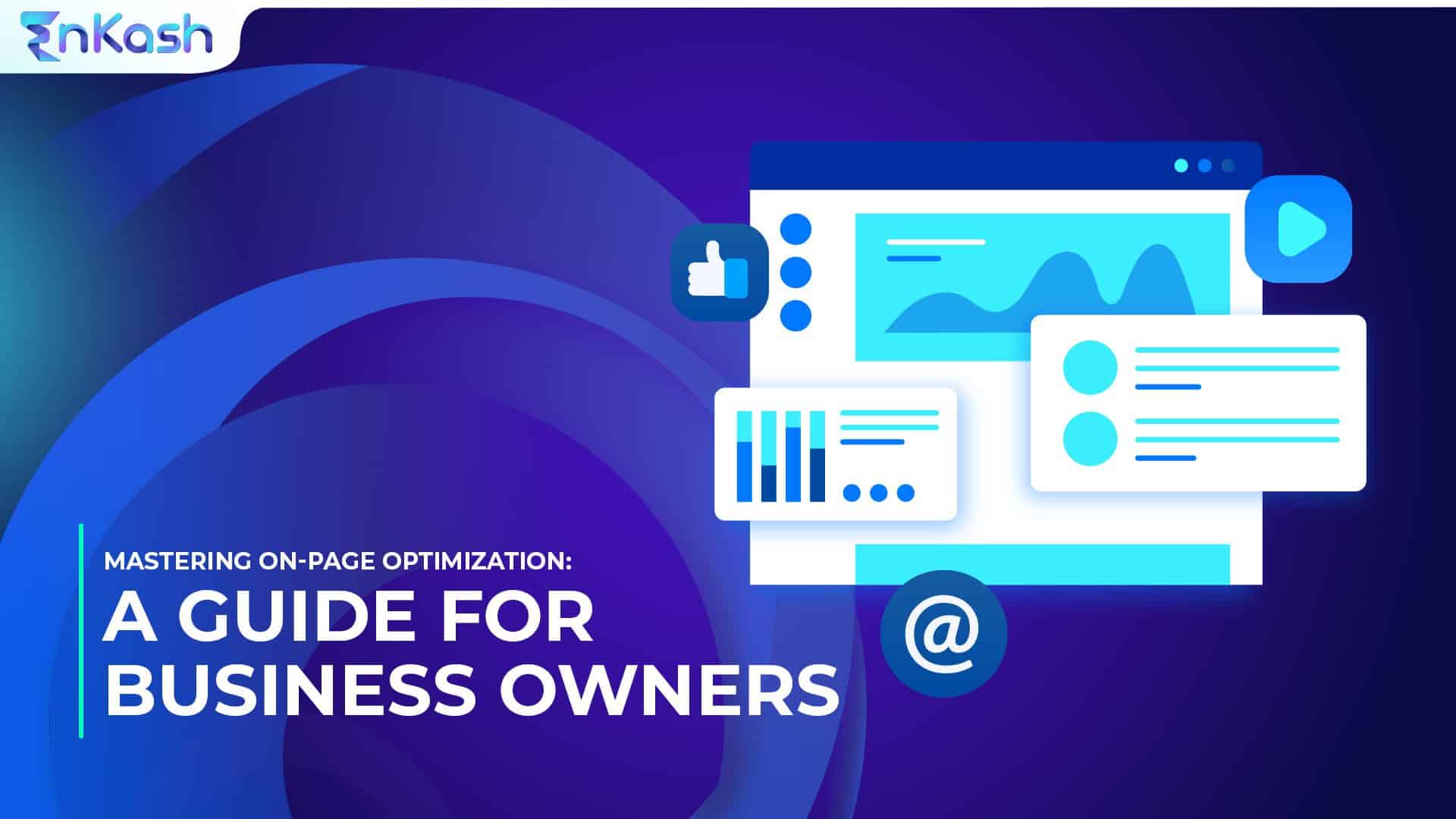In the pursuit of business goals and objectives, choosing the right type of budget is a critical decision that can significantly impact the financial success of an organization. There are various types of budgets available, each designed to serve different purposes and priorities. Operating budgets focus on day-to-day expenses, capital budgets allocate funds for long-term investments, cash budgets manage liquidity, and master budgets encompass overall financial planning. However, as businesses navigate the complexities of financial management, they must also be wary of the risks associated with fraud.
Financial fraud, corporate fraud, accounting fraud, and business fraud pose significant threats to the integrity of the budgeting process and can hinder progress toward goals. Examples of these fraudulent activities include misappropriation of funds, falsifying financial statements, and manipulating budgetary data. To ensure that the chosen budget aligns with business goals and objectives effectively, organizations must prioritize strong internal controls, implement preventive measures, and promote transparency. By doing so, businesses can mitigate the risks of fraud and make informed decisions when selecting the appropriate budget type to drive success.
How can the budget help achieve business objectives?
A well-executed budget is an essential tool in achieving business objectives as it provides a structured framework for managing financial resources effectively. There are various types of budgets, including operating budgets, capital budgets, cash budgets, and master budgets, each serving a specific purpose in aligning financial allocations with strategic goals. By setting realistic financial targets and allocating resources accordingly, a budget helps organizations prioritize investments, control costs, and optimize revenue generation.
However, it is crucial to be vigilant against budget frauds, such as financial, corporate, accounting, or business frauds, which can undermine the integrity of the budgeting process and compromise the achievement of business objectives. Implementing strong internal controls, conducting regular audits, and promoting transparency is vital in mitigating the risks associated with fraudulent activities and ensuring the budget serves its intended purpose of driving success.
How to create a budget that effectively fits business needs?
Creating a budget that effectively fits business needs requires a systematic approach and careful consideration of various factors. Firstly, it is essential to understand the different types of budgets available, such as operating, capital, cash, or master budgets, and choose the most suitable one based on the specific goals and objectives of the organization. Secondly, to mitigate the risks of financial fraud, corporate fraud, accounting fraud, and business fraud, businesses should implement strong internal controls, conduct regular audits, and promote transparency in financial processes.
Additionally, here are some valuable tips to create an effective budget:
- Thoroughly analyze historical financial data to identify patterns and trends
- Involve key stakeholders in the budgeting process to gain diverse perspectives
- Set realistic and achievable financial targets
- Monitor and review the budget regularly to ensure alignment with business needs and make necessary adjustments
- Communicate the budget to relevant teams and departments, fostering accountability and transparency
By following these tips and considering the risks associated with fraud, businesses can create a budget that not only supports their needs but also safeguards against fraudulent activities, contributing to long-term financial success.
Now that you know how to create a budget that effectively fits your business needs, it’s also crucial for your business to be aware of the different types of corporate and accounting fraud that can jeopardize your financial stability and reputation.
What is Corporate Fraud?
Corporate fraud refers to deceptive practices carried out within a company with the intention of obtaining financial gain or benefiting individuals within the organization at the expense of stakeholders. It involves various fraudulent activities aimed at manipulating financial data, misappropriating funds, or engaging in unethical conduct.
One example of corporate fraud is insider trading, where individuals with access to privileged information about a company’s stocks or securities use that information to make trades for personal gain. This illegal practice not only undermines the fairness and transparency of financial markets but also breaches the trust of investors and can lead to significant legal and financial consequences for the perpetrators and the organization involved.
Corporate fraud is a serious offense that erodes the integrity of the business environment and necessitates the implementation of robust internal controls and ethical practices to prevent and detect such fraudulent activities.
What is Accounting Fraud?
Accounting fraud refers to the deliberate manipulation or misrepresentation of financial information by individuals within an organization, to deceive stakeholders and distort the true financial position of the company. It involves fraudulent activities such as falsifying financial statements, inflating revenues, understating expenses, or engaging in creative accounting practices.
One example of accounting fraud is the Enron scandal, where executives used complex off-balance-sheet transactions to hide debt and inflate profits, leading to the eventual collapse of the company. Accounting fraud not only undermines the accuracy and reliability of financial reporting but also erodes investor confidence, jeopardizes the reputation of the organization, and may result in severe legal and financial consequences.
Preventing accounting fraud requires implementing strong internal controls, conducting regular audits, and promoting a culture of ethics and transparency in financial practices.
How to Prevent Financial Frauds Including Corporate and Accounting Frauds?
Preventing financial frauds including corporate and accounting frauds requires a proactive approach and robust internal controls within an organization. First and foremost, establishing a culture of ethics and integrity is crucial, where employees are encouraged to report any suspicious activities without fear of retaliation. Implementing strong internal controls, such as segregation of duties, regular audits, and clear policies and procedures, can help detect and deter fraudulent activities. Monitoring financial transactions, conducting surprise audits, and implementing whistleblower hotlines are additional effective measures.
Quick tips to prevent financial fraud include:
- Regularly review and reconcile financial statements and records
- Educate employees about the risks and consequences of fraudulent behavior
- Limit access to financial systems and sensitive data
- Encourage employees to report any concerns or suspected fraudulent activities
By taking these preventive measures, businesses can significantly reduce the risk of financial fraud, protect their financial stability and reputation, and ensure compliance with legal and ethical standards.
Conclusion
In conclusion, choosing the right type of budget is crucial for achieving business objectives, as it provides a structured framework for managing financial resources effectively. However, businesses must remain vigilant against financial fraud, including corporate and accounting frauds, which pose significant threats to the integrity of the budgeting process.
By implementing strong internal controls, conducting regular audits, and promoting transparency, organizations can mitigate the risks of fraudulent activities and ensure the budget serves its intended purpose. Creating a budget that fits business needs requires a systematic approach and consideration of various factors, while also prioritizing measures to prevent financial fraud.
By following valuable tips and understanding the types of fraud, businesses can create an effective budget that safeguards against fraudulent activities and contributes to long-term financial success. Organizations must establish a culture of ethics, implement strong internal controls, and stay vigilant to prevent and detect financial fraud, thereby protecting their financial stability and reputation.










